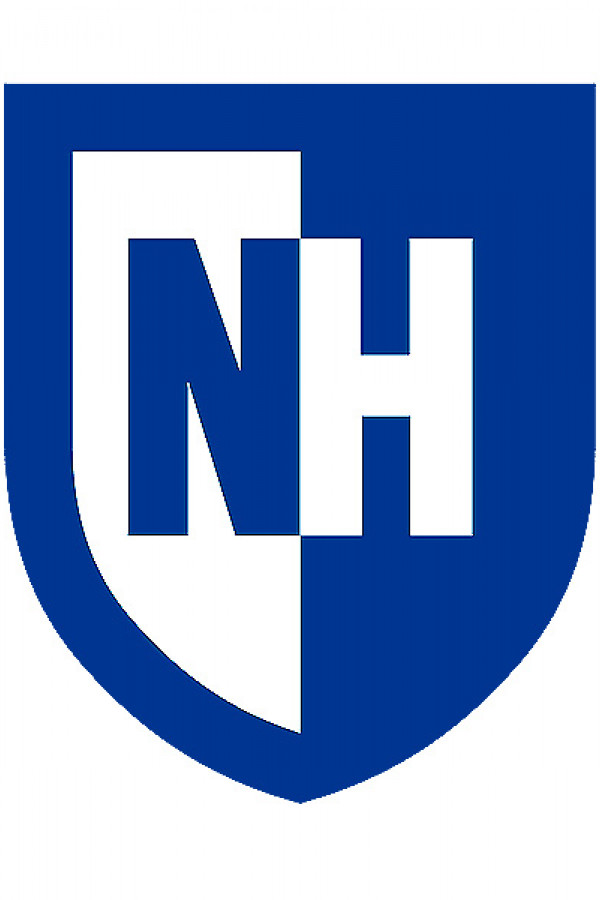The statistics minor at UNH provides a strong foundation in statistical analysis and its real-world applications. You'll gain hands-on experience with statistical software like R, SAS, and JMP, learning to analyze complex models across various fields. This minor complements majors such as mathematics, data science, business, economics, and social sciences, preparing you for diverse careers in actuarial science, research, education, government, and industry. Small class sizes foster close connections with expert faculty, enhancing your learning experience.
What is a minor in statistics?
The statistics minor offers the fundamentals of statistical analysis and its applications. You’ll receive an introduction to modern statistical theory and experience using statistical software —including R, SAS and JMP —to analyze complex physical, biological and economic models. The statistics minor can be combined with a major in mathematics, data science, business, economics, social sciences and others to prepare for a variety of careers in actuarial science, research, education, government and industry.
Why study statistics at UNH?
You’ll work with a diverse faculty of accomplished mathematicians in a department where pure mathematics, applied mathematics, mathematics education and statistics are integrated, giving you exposure to many different facets of knowledge. Upper-level mathematics classes tend to be small, so you’ll enjoy close connections to professors as they delve into the intricacies of advanced ideas.
Potential career areas
- Computational science
- Education
- Financial services
- Government
- Programming
- Research
- Sociology
- Software development
- Statistics
Curriculum & Requirements
The minor in statistics is designed for students in other majors who want to learn the fundamentals of statistical analysis and its applications.
For further information, please contact the minor coordinator located on the department website.
Academic policies related to Minors.
Credit toward the minor will only be given for courses passed with C- or better, and a 2.00 grade-point average must be maintained in courses for the minor.
- Courses taken on a pass/fail basis may not be used for a minor.
- No more than 8 credits used to satisfy major requirements may be used for the minor.
- No more than 2 courses or 8 credits may be from transfer coursework. Any transferred coursework must be approved by the minor coordinator.
For additional details on how to declare a minor, please visit https://www.unh.edu/registrar/academic-records/majors-minors.
The minor requires a minimum of five MATH courses as detailed in the minor requirements. Additional courses from the list of course electives may be utilized to meet the five-course minimum.
| Code | Title | Credits |
|---|---|---|
| Required | ||
| MATH 539 | Introduction to Statistical Analysis | 4 |
| or MATH 644 | Statistics for Engineers and Scientists | |
| MATH 645 | Linear Algebra for Applications 1 | 4 |
| Electives | ||
| Select three courses from the following: | 12 | |
MATH 736 | Advanced Statistical Modeling | |
MATH 737 | Statistical Methods for Quality Improvement and Design | |
MATH 739 | Applied Regression Analysis | |
MATH 740 | Design of Experiments I | |
MATH 741 | Survival Analysis | |
MATH 743 | Time Series Analysis | |
MATH 744 | Design of Experiments II | |
MATH 755 | Probability with Applications | |
MATH 756 | Principles of Statistical Inference | |
| Total Credits | 20 | |
- 1
This requirement may be satisfied by MATH 525 Linearity I.










